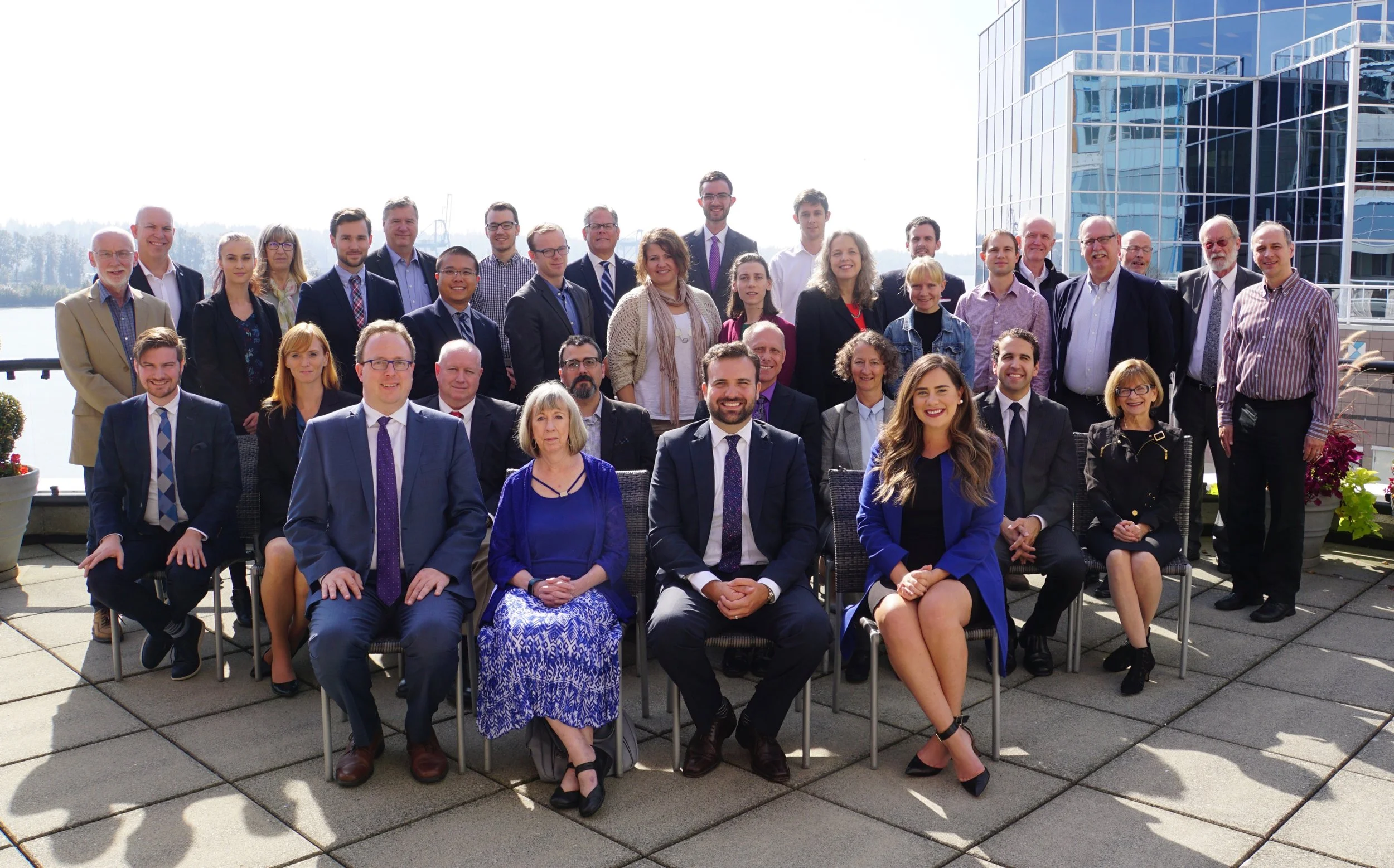The federal government has announced changes to the eligibility requirements for the Canada Summer Jobs program. Specifically, the controversial attestation introduced last year has been replaced. Overall, the changes reflect a welcomed step in the right direction. However, a number of questions, and potential concerns, remain.
Justice Committee releases report on human trafficking in Canada
On December 11, the Standing Committee on Justice and Human Rights released its final report, “Moving Forward in the Fight Against Human Trafficking in Canada.” The Report is the culmination of a multi-month, cross-country study in which the Committee received submissions from numerous stakeholders, including Christian Legal Fellowship.
CLF advocates for parental rights and religious accommodation
In a detailed brief submitted as part of Ontario’s consultation on education reform, Christian Legal Fellowship (CLF) has urged the government to affirm in its proposed Parents’ Bill of Rights that parents have the primary right to care for their children, and are best positioned to make decisions for their education and well-being.
CCA releases long-awaited reports about expanding euthanasia in Canada
In 2016, the federal government asked the Council of Canadian Academies (CCA) to undertake independent reviews on whether euthanasia should be allowed in three new contexts: advance requests, requests by mature minors, and requests where mental illness is the sole underlying medical condition. CLF participated in the CCA’s consultation and submitted a detailed legal brief, urging the CCA to consider vulnerable patients and broader societal concerns in its review. The CCA released their three reports on December 12, 2018, following their tabling in Parliament.
Christian Legal Fellowship to assist Ontario’s highest court in physicians’ conscience case
Christian Legal Fellowship (CLF) has been granted leave to intervene at the Ontario Court of Appeal in Christian Medical and Dental Society et al v College of Physicians and Surgeons of Ontario (“CPSO”). CLF is intervening jointly with The Evangelical Fellowship of Canada and the Assembly of Catholic Bishops of Ontario (“The Coalition”), advocating for the Charter rights of health care professionals who conscientiously object to participating in procedures such as euthanasia and/or abortion.
2018 Academic Symposium Report
2018 CLF National Conference Report
Caution! Lawyers at Work
“God placed Adam in the garden to mirror Him by working it and keeping it. The great Creator has created us to create—to work. As Adam’s descendants and God’s creatures, we are cultivators in a fallen world. Still bearing the image of God, we continue to mirror the great Creator as creators, cultivators, and workers—we are culture makers.”
CLF launches new book at the University of Toronto Faculty of Law
On June 28, 2018, Christian Legal Fellowship (CLF) hosted a Book Launch Luncheon at the University of Toronto Faculty of Law to commemorate the launch of the new book: Assisted Death: Legal, Social and Ethical Issues after Carter, edited by CLF’s Executive Director and General Counsel, Derek B.M. Ross. This is a summary of the event.
"Religious Persecution is not Gender-Neutral"
Supreme Court's TWU decision: An illiberal outcome
“Some might think this is a good outcome. But diversity is not achieved, as the dissent explained, ‘by imposing a forced choice between conformity with a single majoritarian norm and withdrawal from the public square.’ Nor is it achieved by forcing minority communities to alter their defining characteristics to ensure that all people will want to join them. That an institution serves primarily people who affirm its mission and beliefs does not mean that it does so at the expense of others.”
CLF Statement on the Supreme Court of Canada's decisions in Trinity Western
OTTAWA, ON — In two companion judgments released today, the Supreme Court of Canada (SCC) was split on whether it was reasonable for the Law Societies to deny approval to Trinity Western University’s proposed law school based on its Community Covenant and the Biblical view of marriage expressed therein.
CLF contributes to National Consultation on Human Trafficking
CLF Announces new book on assisted death
Christian Legal Institute's 10th Anniversary: Delegate's report on CLI
Highwood Congregation v Wall: The Supreme Court upholds autonomy of religious groups
When, if ever, can church membership or discipline decisions be reviewed by the courts? That is the question the Supreme Court of Canada (SCC) was called on to answer in its judgment, released today, in Highwood Congregation of Jehovah’s Witnesses v Wall. The Court found that church membership decisions can only be reviewed in extremely narrow circumstances: when the decision involves an underlying legal right, such as a property or contractual right, and does not require the court to adjudicate questions of theology.


















